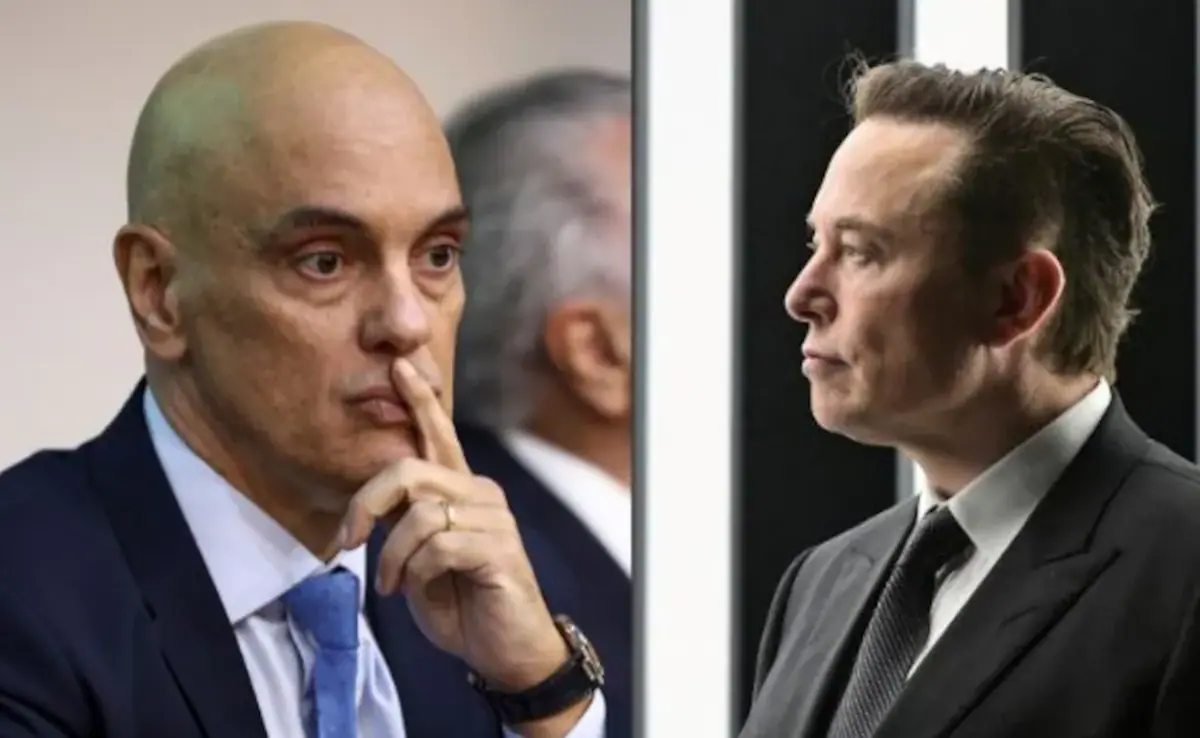In a bold and unprecedented move, Brazilian election officials recently imposed a temporary ban on Elon Musk’s social media platform X, formerly known as Twitter. The decision, which has caused a stir in both the tech world and international politics, was a direct response to the platform’s perceived failure to curb the spread of misinformation during a crucial election period. As social media increasingly shapes public opinion and debate, the clash between government regulation and tech giants raises important questions about freedom of expression, corporate responsibility, and the role of technology in democratic processes.
Background: Brazil’s fight against misinformation
Brazil, like many other countries, has struggled with a rising tide of misinformation in the digital age. The issue became particularly acute during the 2018 and 2022 presidential elections, where social media platforms were flooded with disinformation, false narratives, and outright lies. These ranged from unfounded claims about the integrity of the country’s electronic voting system to conspiracy theories targeting political figures.The spread of misinformation in Brazil has had tangible consequences, contributing to political polarization and undermining public trust in democratic institutions. In response, the Brazilian government has implemented a number of measures aimed at curbing the spread of false information, especially on social media platforms. These measures include stricter regulations, better monitoring, and partnerships with fact-checking organizations.
Twitter Acquisition by Musk: A New Era for Social Media
The acquisition of Twitter by Elon Musk, now rebranded as X, was one of the most talked-about corporate moves of 2022. Musk, a self-proclaimed “free speech absolutist,” promised to turn the platform into a haven for open dialogue where users can express their views without fear of censorship. However, his vision for X has been met with both praise and criticism.On the one hand, many users and free speech advocates have welcomed Musk’s approach, viewing it as a necessary counterbalance to what they see as the growing influence of “woke” culture and political correctness. On the other hand, critics argue that Musk’s lackadaisical attitude toward content moderation could increase the spread of misinformation and hate speech, potentially causing real-world harm.Musk’s changes to X include firing a significant portion of the company’s content moderation team, reinstating previously banned accounts, and taking a more lenient approach to content deemed controversial. These moves have raised concerns among governments and civil society organizations about the platform’s ability to handle the spread of harmful content.
Misinformation Controversy: What Caused the Ban
The specific events that led to the ban on X in Brazil are rooted in the platform’s handling of content related to the country’s electoral process. As the 2024 municipal elections approached, X became a battleground for political narratives, with various actors using the platform to spread their messages. Among these were many posts that questioned the legitimacy of Brazil’s electronic voting system, despite repeated assurances from experts and officials about its reliability.The tipping point came when several high-profile accounts began promoting false claims that the voting system was rigged in favor of certain candidates. These posts quickly went viral, reaching millions of users and causing widespread concern about potential unrest.Brazilian electoral officials, concerned about the potential impact of these false narratives on the integrity of the election, demanded that X remove the offending content. However, the platform’s response was deemed inadequate. While some posts were removed, others remained accessible, and new misinformation continued to spread. This led officials to take the drastic step of temporarily banning X in the country.
The decision to ban X in Brazil is not without controversy. Critics argue that the move represents overreach by the government and sets a dangerous precedent for state intervention in the digital space. They argue that while the spread of misinformation is a serious issue, the solution should not involve restricting access to platforms that serve as vital tools for communication and expression.However, supporters of the ban argue that the government had no choice but to take decisive action to protect the integrity of the electoral process. They point out that misinformation, especially around elections, is a direct threat to democracy, and that platforms like X have a responsibility to prevent the spread of harmful content.
